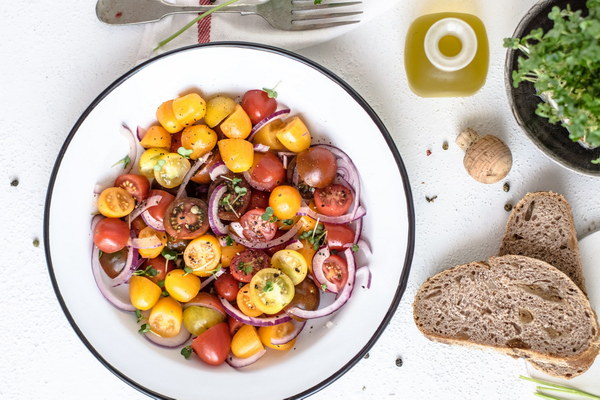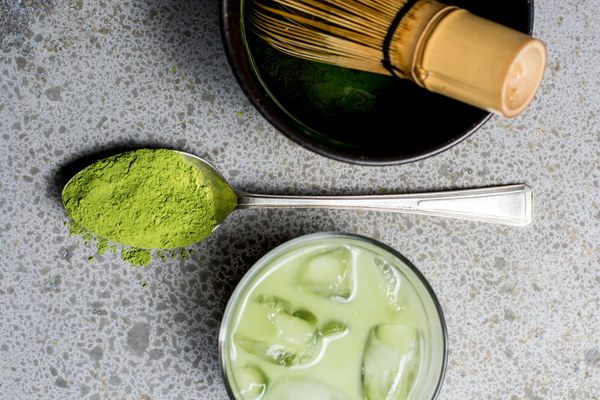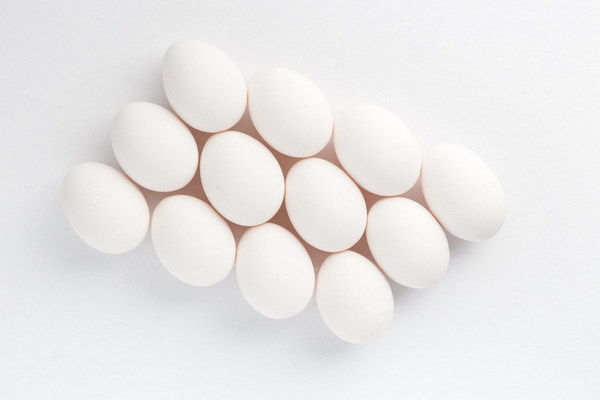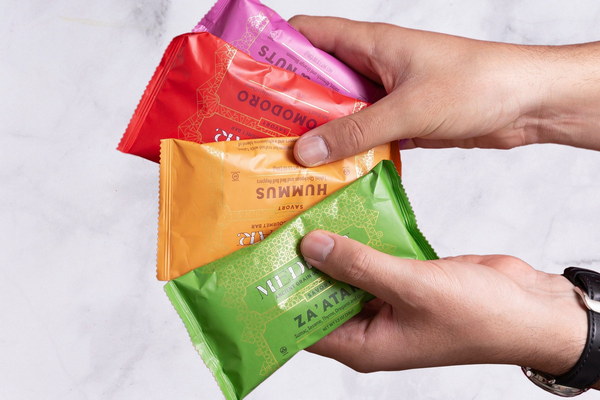Can Braising Lean Meat in a Damp-Relieving Soup Be Effective
In the pursuit of health and wellness, traditional Chinese medicine has long been celebrated for its unique approach to holistic healing. Among the myriad of remedies, the use of braising lean meat in a damp-relieving soup stands out as a popular choice. But the question remains: can braising lean meat in a damp-relieving soup be effective? Let's delve into the intricacies of this traditional recipe and its potential benefits.
Dampness, in Chinese medicine, refers to a condition where excess moisture accumulates in the body, leading to various health issues such as fatigue, joint pain, and digestive problems. The concept of dampness is often linked to the external environment, such as living in a humid climate or being exposed to damp conditions for prolonged periods. Therefore, damp-relieving soup is believed to help expel excess moisture from the body, promoting overall health and vitality.
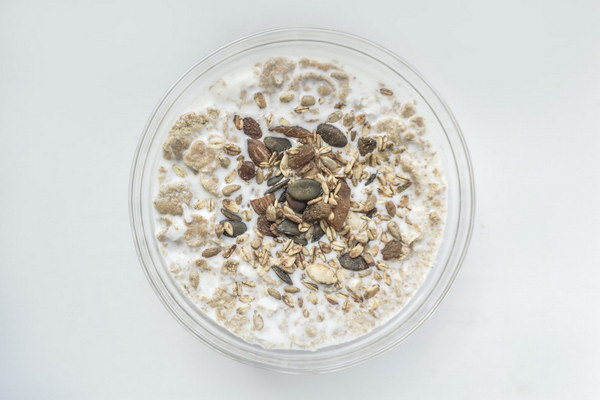
To understand the effectiveness of braising lean meat in a damp-relieving soup, we need to examine the ingredients and their properties. Lean meat, such as chicken or pork, serves as a base for the soup, providing essential nutrients and amino acids. The following ingredients commonly used in damp-relieving soup are known for their damp-relieving properties:
1. Astragalus (Huang Qi): This herb is renowned for its immune-boosting properties and is believed to help expel dampness from the body.
2. Poria (Fu Ling): Poria is a mushroom-like fungus that has been used in traditional Chinese medicine to relieve dampness, improve digestion, and strengthen the immune system.
3. Codonopsis (Dang Shen): Codonopsis is an adaptogenic herb that helps boost energy levels, improve immunity, and alleviate symptoms of dampness.
4. Goji Berries (Gou Qi Zi): Goji berries are a popular superfood in Chinese medicine, known for their antioxidant properties and ability to nourish the kidneys and replenish the essence.
5. Ginger (Sheng Jiang): Ginger is a warming herb that helps dispel cold and dampness, improves circulation, and aids in digestion.
When braising lean meat in a damp-relieving soup, the combination of these ingredients is believed to create a potent remedy that can help alleviate dampness in the body. The slow cooking process allows the flavors and properties of the herbs to infuse the meat and the broth, creating a nourishing and restorative soup.
While the effectiveness of braising lean meat in a damp-relieving soup is supported by traditional Chinese medicine, scientific research is limited. However, there are a few reasons to believe that this traditional recipe may offer health benefits:
1. Nutrient-rich: The soup provides a rich source of essential nutrients, amino acids, and antioxidants, which can help improve overall health and well-being.
2. Immune-boosting: Many of the ingredients used in the soup, such as astragalus and codonopsis, are known for their immune-boosting properties, which can help protect the body against infections and diseases.
3. Anti-inflammatory: Poria and ginger are believed to have anti-inflammatory properties, which can help reduce inflammation and alleviate symptoms associated with dampness, such as joint pain and fatigue.
4. Digestive aid: The combination of ingredients in the soup can help improve digestion, alleviate bloating, and reduce the risk of gastrointestinal issues.
In conclusion, while scientific evidence is limited, the traditional practice of braising lean meat in a damp-relieving soup may offer several health benefits. The soup's nutrient-rich composition, immune-boosting properties, anti-inflammatory effects, and digestive aid make it a valuable addition to any wellness regimen. So, can braising lean meat in a damp-relieving soup be effective? It's worth giving it a try and experiencing the potential benefits firsthand.
